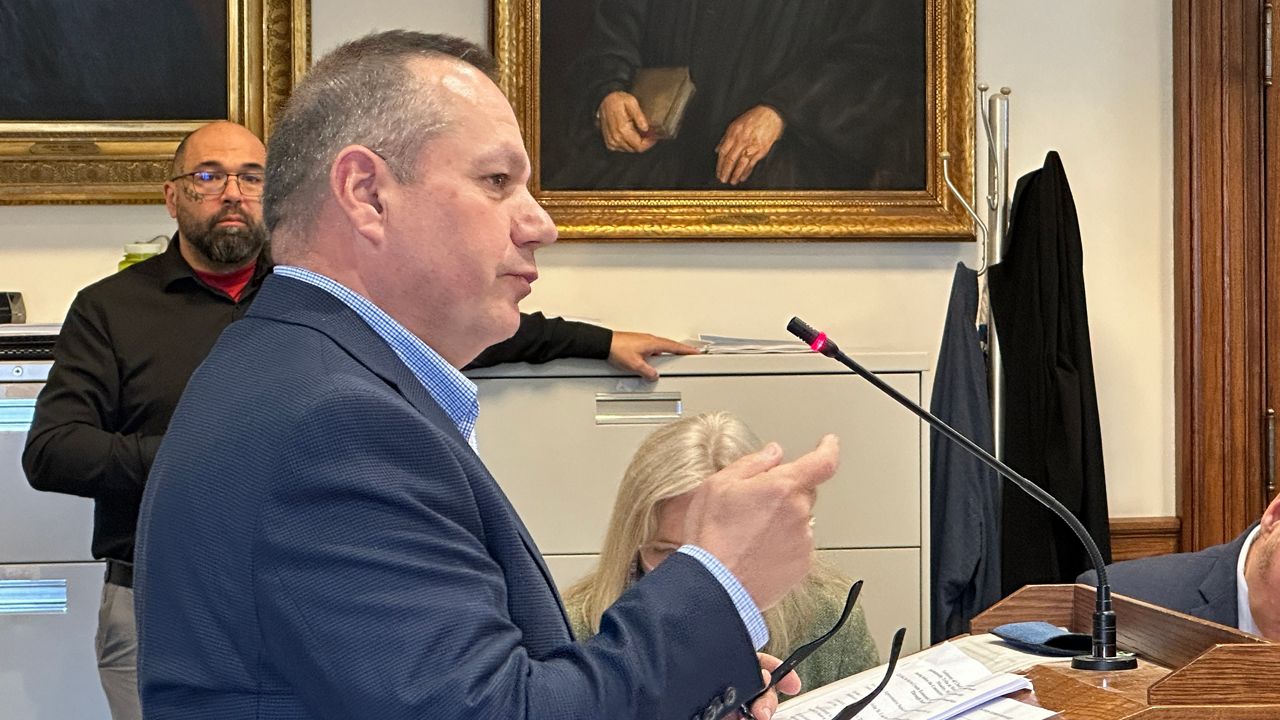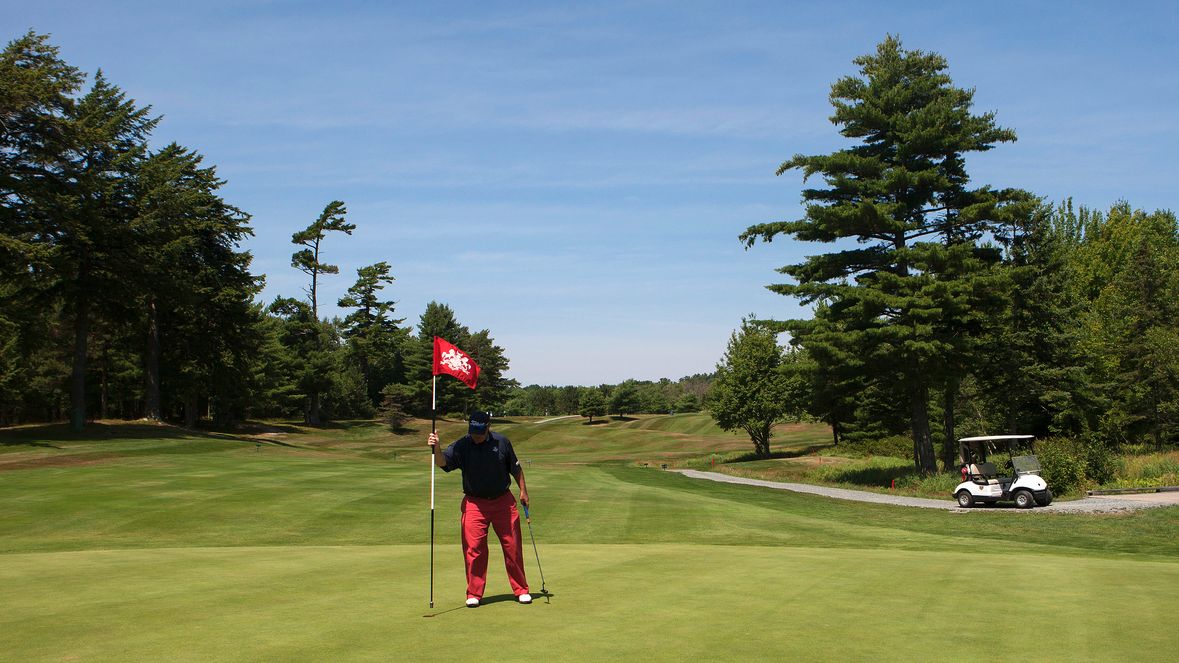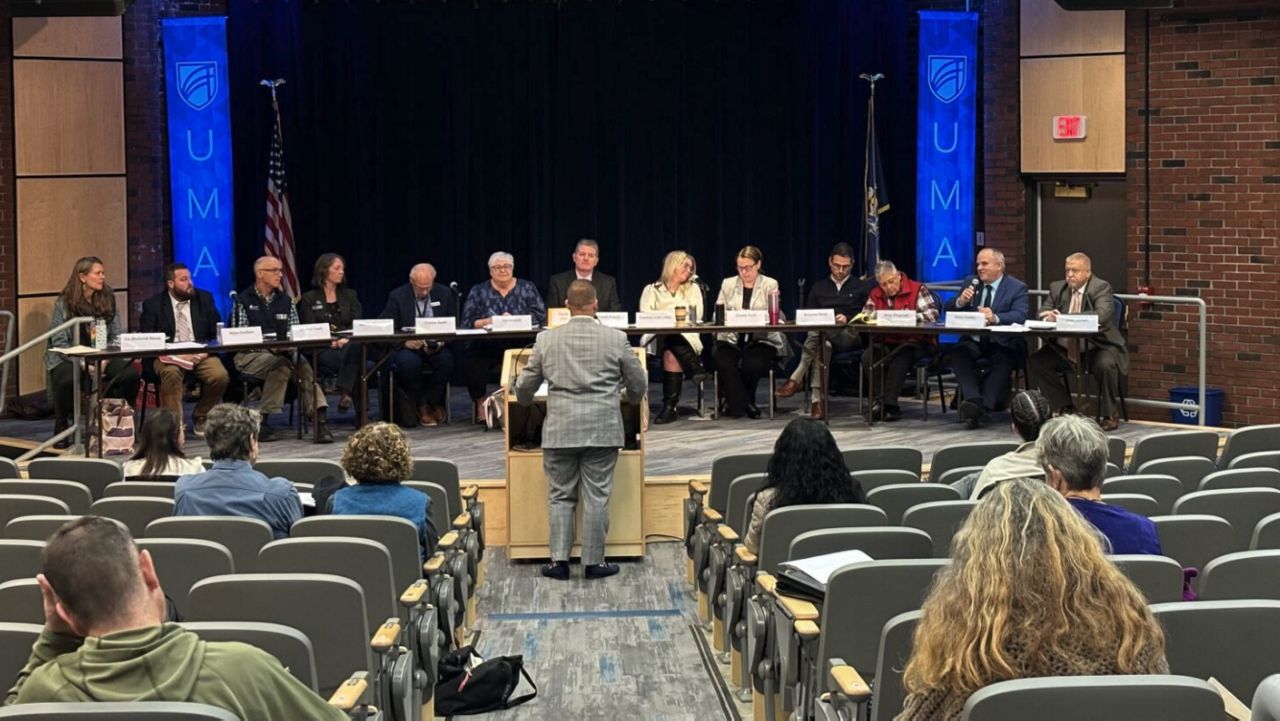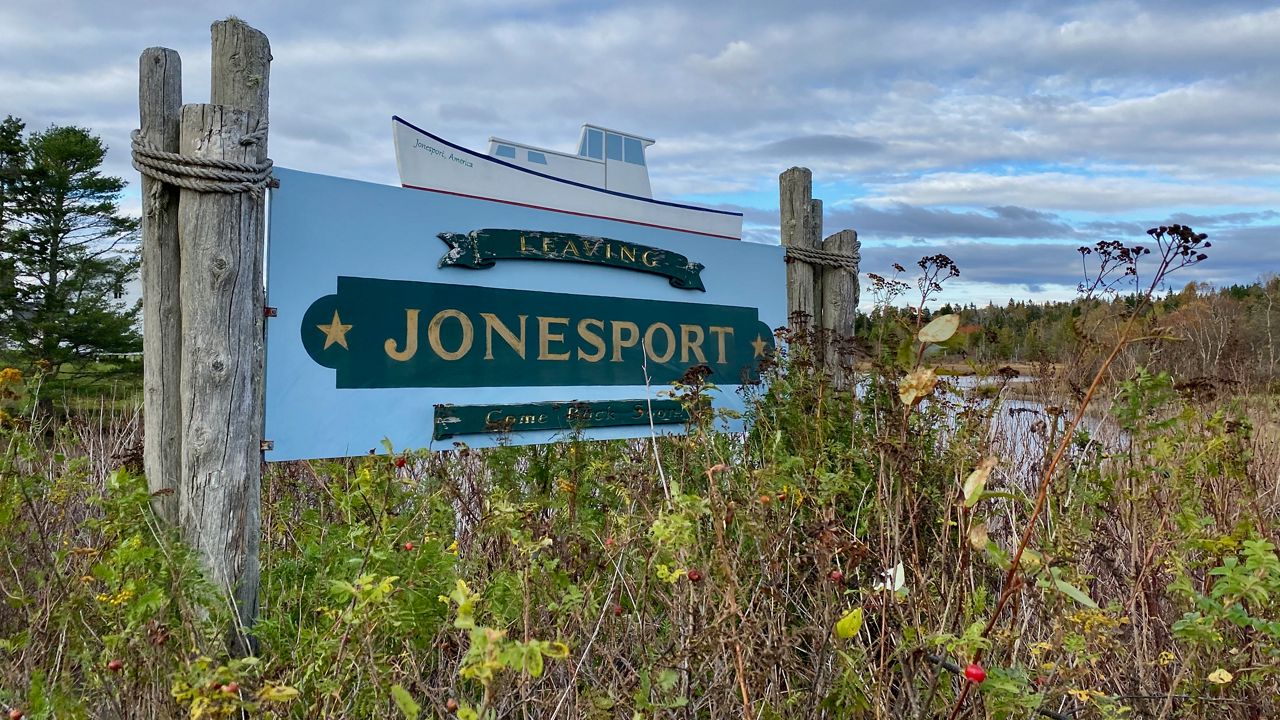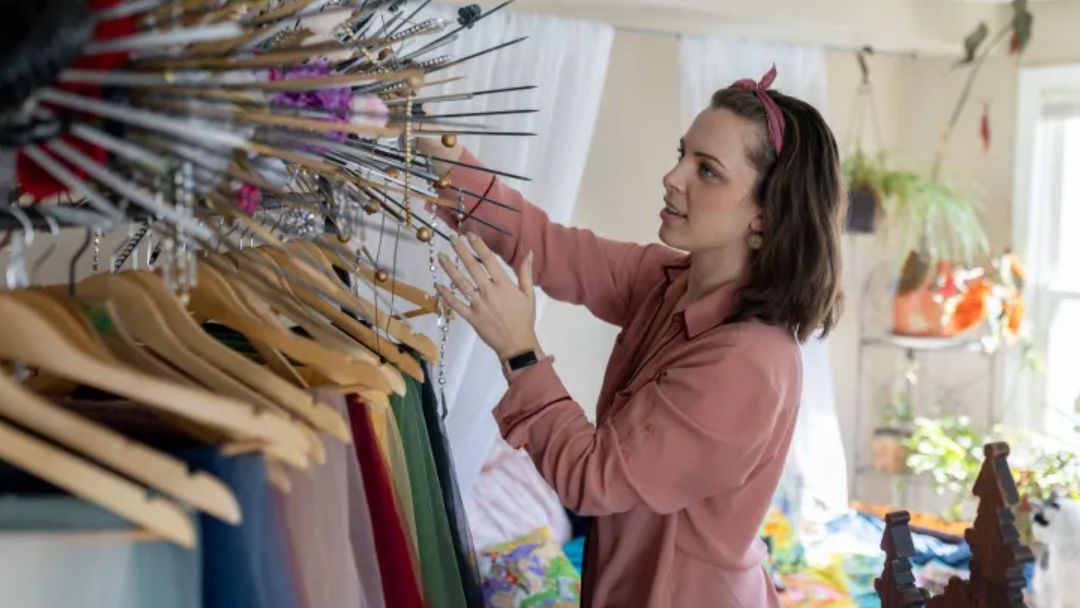AUGUSTA — Maine tribal leaders are backing a bill to allow them to expand gambling options through internet gaming.
Supporters say many people already play blackjack, poker and roulette on their cellphones illegally, so it makes sense to make it a state regulated industry.
Revenues generated would go to tribal needs including infrastructure projects, with 16% going to the state.
“Tribally owned and operated internet gaming represents an ideal opportunity to raise both tribal and state governmental revenue for the benefit of all Mainers,” Passamaquoddy Chief William Nicholas told members of the Veterans and Legal Affairs Committee on Monday.
The bill, LD 1164, faces serious pushback from Oxford Casino and Hollywood Casino in Bangor, with spokesmen saying it will give a monopoly to the tribes when it comes to internet gaming.
“Passage of this bill, to be clear, would constitute the greatest single expansion of gaming in our state’s history without the vote of the people of Maine,” said Chris Jackson, who spoke on behalf of Hollywood Casino. “It would threaten facilities in Bangor and Oxford.”
The state’s four federally recognized tribes now run online sports betting through partnerships with DraftKings and Ceasars Sportsbook. In January, sports wagering run by the tribes generated nearly $700,000 for the state, according to the Maine Gambling Control Unit.
Tribal members said Monday they would like to grow those existing partnerships to include internet gaming.
“For the Passamaquoddy Tribe and all the other Wabanaki communities, this is about fairness and the ability to participate in the industry that already benefits others across the country,” said Rep. Aaron Dana of the Passamaquoddy Tribe.
Dana and Rep. Ambureen Rana, D-Bangor, both mentioned the unique status of the tribes in Maine because of a settlement act that restricts their ability to offer the types of gaming opportunities run by tribes in other states.
“Because the Wabanaki Nations have not enjoyed anywhere near the level of economic growth as that of other tribes in this country, they face an ongoing economic crisis,” said Rana, the bill sponsor.
The bill requires the tribes to remit 16% of gaming receipts to the state, which will be directed to gambling addiction programs, substance use disorder services and veterans’ homes, along with other sources.
In addition to the casinos, Maine Center for Disease Control and Prevention Director Dr. Puthiery Va opposes the bill. She asked lawmakers to wait to see the full impacts of sports wagering before expanding to include internet gaming.
She expressed concerns about the isolation that comes with online gambling.
“Electronics including computers and cellphones are also isolating and addictive devices, and for that reason there are public health concerns about increasing access to gambling in such a manner that allows for play at all hours with opportunity for impulsive and problem gambling behavior,” she wrote.
A committee vote on the bill is expected in the coming weeks.





